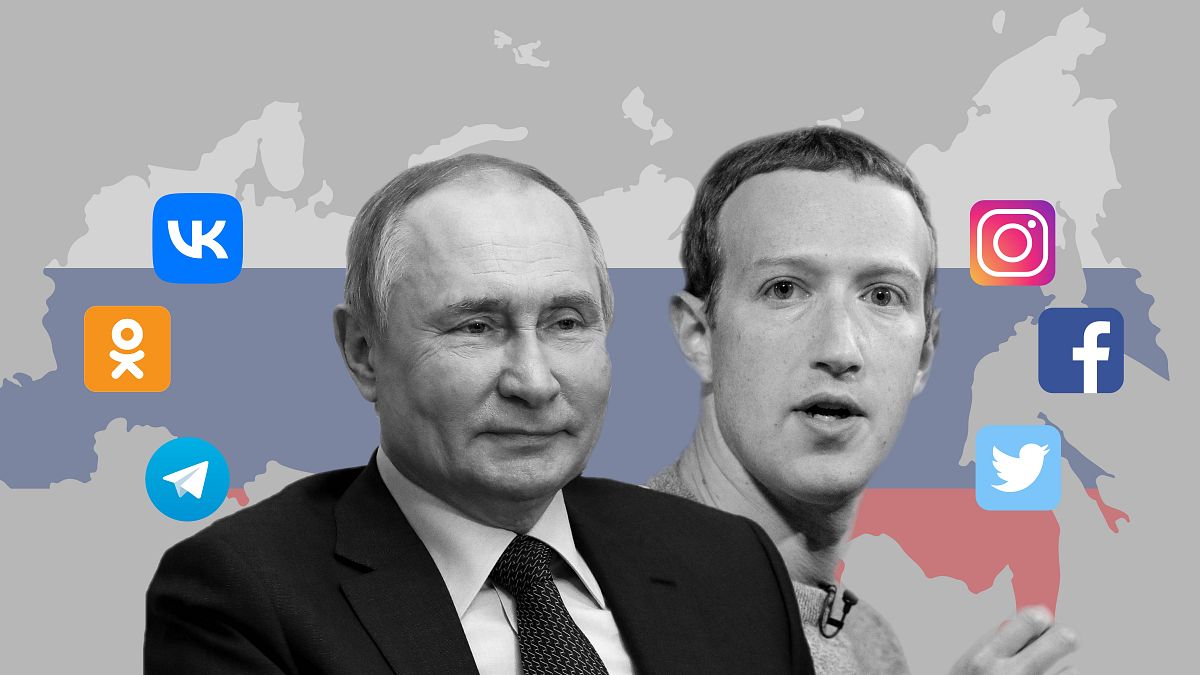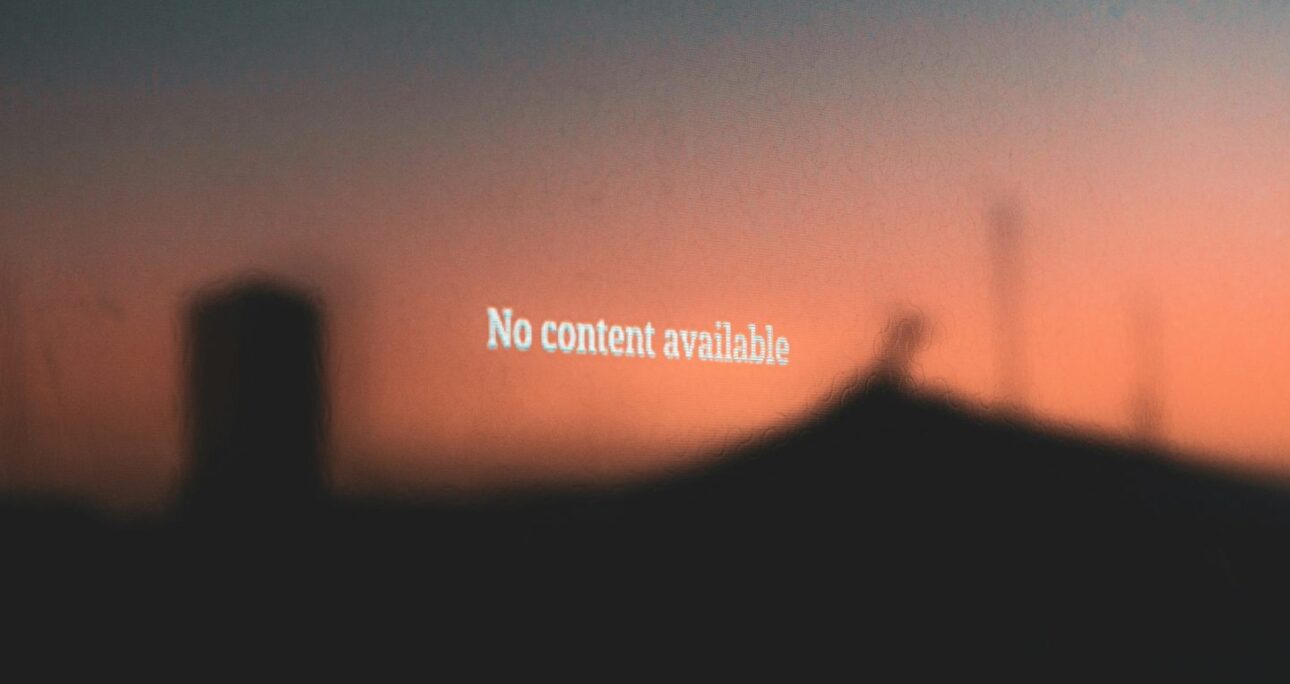As the internet continues to rely on ad-supported content to remain accessible, the balance between availability and regulation continues to shift – particularly in Russia, where recent legislation is tightening restrictions on where advertising can legally appear.

For over 15 years, Russian internet providers have been required to block access to thousands of websites, particularly those termed as being involved in copyright infringement. The practice shows no signs of slowing, bolstered by a steady stream of legal amendments from Moscow that broaden the basis for restrictions. Originally targeting pirate content, site-blocking has since extended to include content the Kremlin says is linked to extremism or terrorism.
In 2022, Russia designated Meta – owner of Facebook and Instagram – as an extremist organization. Both platforms were blocked using the same legal tools applied to piracy sites. Like most blocks in the country, access isn’t airtight; users can often reach restricted platforms through circumvention tools like VPNs.
Despite being banned, many platforms remain widely used. According to figures published by telecoms regulator Roskomnadzor in March, Russian users spent approximately 13.6 billion roubles (US$161 million) on advertising on restricted platforms between 2022 and 2024. Instagram accounted for the largest share (US$111.95 million), followed by X (US$26.03 million), and Facebook (US$23.91 million).
With influencers, entrepreneurs, and businesses continuing to use VPNs to reach audiences on banned sites, Russian lawmakers have taken further action. On March 25, the State Duma approved amendments to existing laws combating extremism and advertising regulations. The changes prohibit advertising on any platform that Russian authorities have blocked or considered undesirable, regardless of the reason for the restriction.
An official statement on the Duma’s website explains that the new rules cover foreign and international organizations, public or religious groups that have been banned or liquidated by court decision, and any online resources restricted under Russian law.
Duma Chairman Vyacheslav Volodin said that despite certain social platforms being blocked for allegedly spreading misinformation and “foreign values,” businesses continue to use them for promotional purposes. “Sometimes, without even thinking, they transfer money to those who deliberately harm our country,” he said.
Legal experts have begun to outline potential consequences. Writing on Telegram, Russian lawyer Ekaterina Abashina, noted that while no specific fine has been introduced for this type of advertising, general penalties under Russia’s advertising laws would apply. These range up to 500,000 roubles (about US$5,900) for organizations and 2,500 roubles (around US$30) for individuals.
She also warned that enforcement could include retroactive penalties for ads still running after the rules take effect. “From the non-obvious: after September 1, a fine may also fly for old advertising placements that continue being placed, so you [should] start auditing your ads now,” she said.
While the focus appears to be on high-visibility platforms like social media, it’s uncertain whether blocked piracy sites – many of which remain accessible – will face similar scrutiny unless they cross into more politically sensitive territory.
Source: Marketing Tech News



![How Meta Makes Its Money [Infographic]](https://www.hatelstudio.com/wp-content/uploads/2025/04/Meta-Planets-img-16x9-1-400x225.webp)


